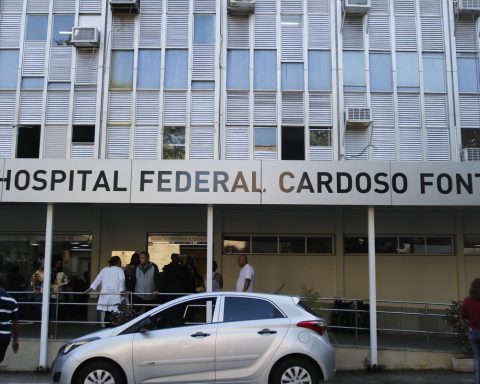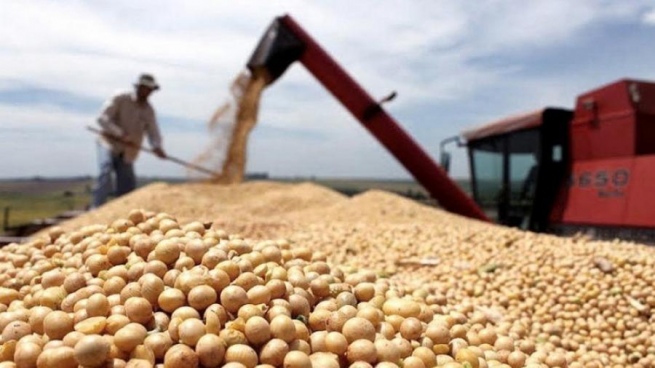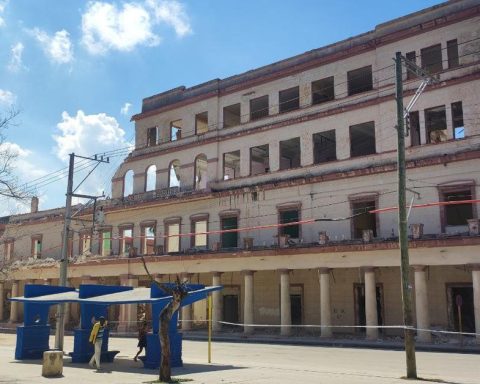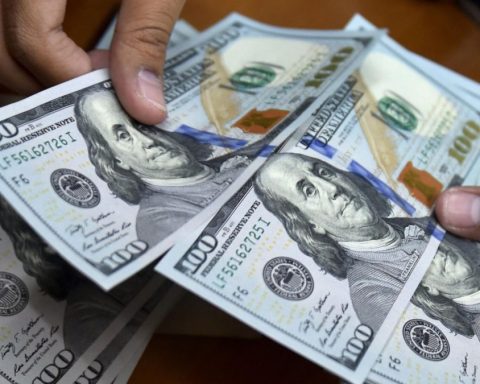Prices in the industrial sector registered, in August, a fall of 3.11% in relation to July. It is the biggest negative change since the beginning of the historical series in 2014. From June to July, the change had been 1.13%. In the last 12 months, the index marked 12.16%. In July, the accumulated was 17.94%. In the year, the indicator reached 7.91%. The results of the Producer Price Index (PPI) for August were released today (28), in Rio de Janeiro, by the Brazilian Institute of Geography and Statistics (IBGE).
The oil refining and biofuels industry stood out with the second largest variation, with a drop of 6.99%. It was also the major influence with 0.95 percentage point (pp) in the 3.11% decline in the general industry. Retractions in food with -0.88 pp of influence, mining and quarrying industries with -0.79 pp and metallurgy -0.25 pp – were other factors that influenced the indicator.
The IPP manager, Alexandre Brandão, reported that the accumulated refining year to August was 26.49% and that, analyzing the last 12 months, the high is 45.98%. “These are the biggest variations in these indicators. Now in August, there was a drop (the first observed in 2022) of -6.99%, in a reversal of what had been happening ”, he said.
According to the IBGE, the IPP measures the variation in the prices of products at the factory door – not including taxes and freight – of 24 activities in the extractive and transformation industries. Among them, 16 showed retreat. The four sectors with the greatest changes, in absolute terms, were: mining and quarrying (-14.18%); petroleum refining and biofuels (-6.99%); metallurgy (-3.91%); and food (-3.74%).
According to Brandão, before the 3.11% decline in August, the smallest drop had been in November 2018: 1.62%. In the last 37 months, the period that includes the pandemic, there were only two negative results. In addition to the current one, there was a decrease of 0.08% in December 2021. “What largely explains the reduction, on the one hand, is the appreciation of the real against the dollar in August, which negatively impacts both import prices and those of exports”, he observed.
The reduction in crude oil and iron ore prices on the foreign market also played an important role. According to the manager, these products have a ripple effect in much of the industry.
direct effect
“The drop in crude oil will have a direct effect on refining and other chemical products, in addition to the indirect effects on other chains with the drop in fuel prices. Iron ore, on the other hand, when prices fall, affects the metallurgy sectors, particularly the steel industry, which, in turn, will reach sectors such as the production of vehicles and household appliances”, explained Brandão.
He added that there are other more specific market issues, such as the food sector, which concentrates most of the Brazilian industry and, after months of highs in the dairy segment, registered a slowdown in August.
“The four food products that varied the most were dairy products, which had a negative variation such as cheeses and sterilized milk/UHT/Long Life, whose prices were pressured by lower demand. In addition to the reduction in demand, these products were imported. In addition, in other segments, there was, for example, a greater supply of chicken meat, causing the price to fall”, he revealed.
The IBGE reported that “the fall in industrial prices is not affected by the reduction in the Tax on Circulation of Goods and Services (ICMS) because the prices informed to the IPP are tax-free”.
Search
According to the IBGE, the IPP follows the average change in sales prices received by domestic producers of goods and services and its evolution over time, signaling short-term inflationary trends in the country. “It is an essential indicator for macroeconomic monitoring and a valuable analytical tool for decision makers, public or private,” said the institute.
In just over 2,100 companies, the survey investigates the prices received by the producer, exempt from taxes, tariffs and freight and defined according to the most usual commercial practices. Altogether, about six thousand prices are collected per month.
















